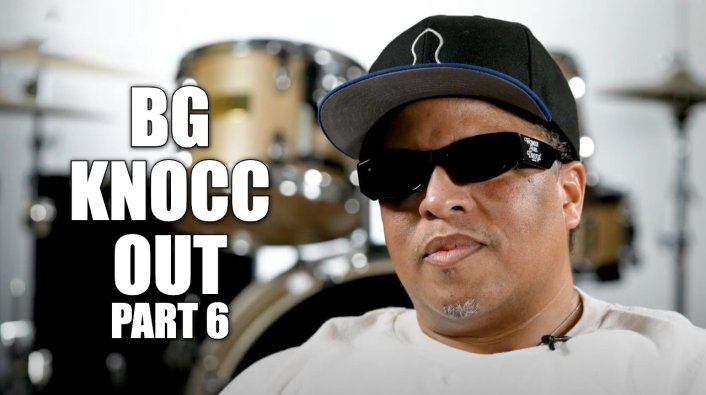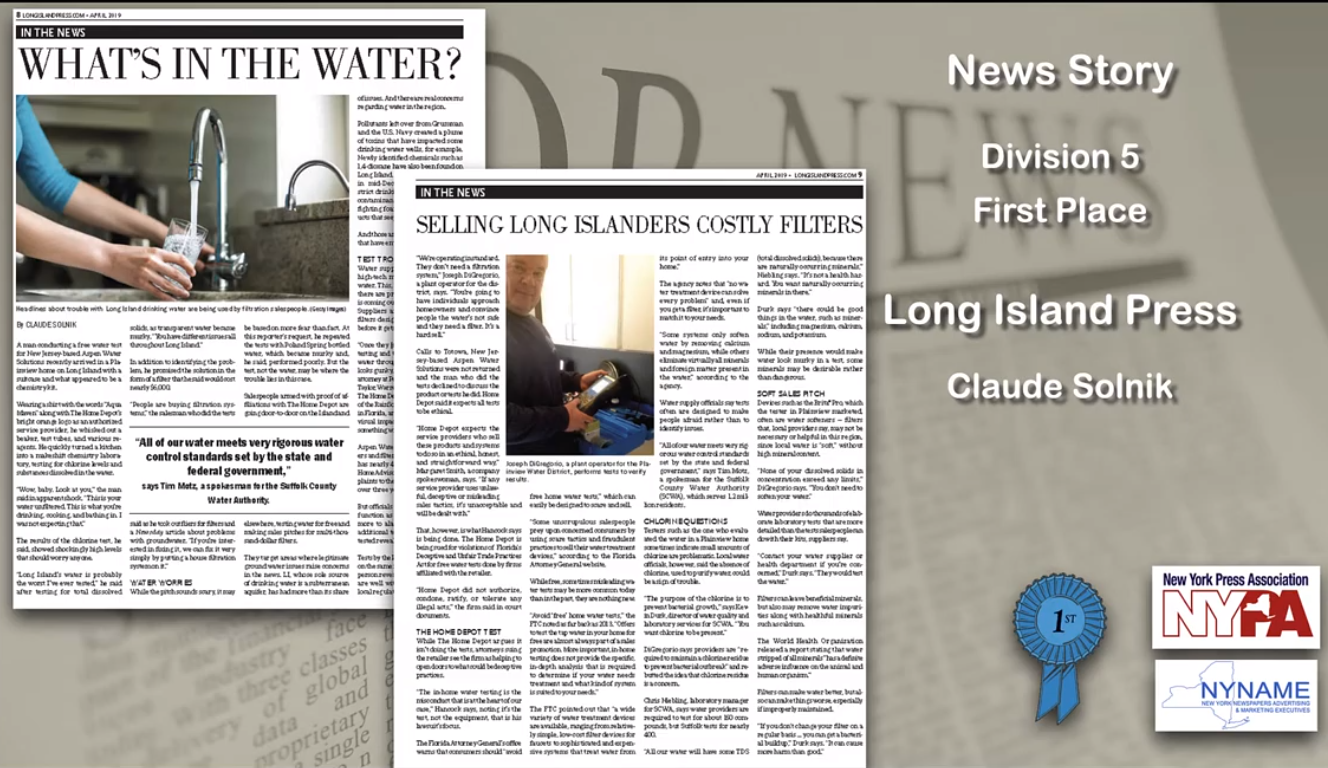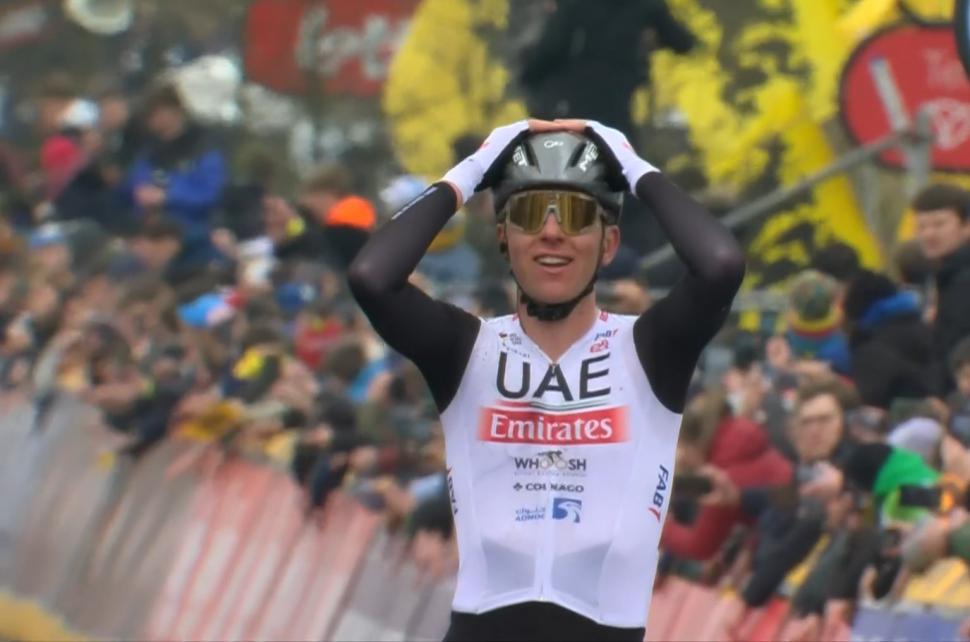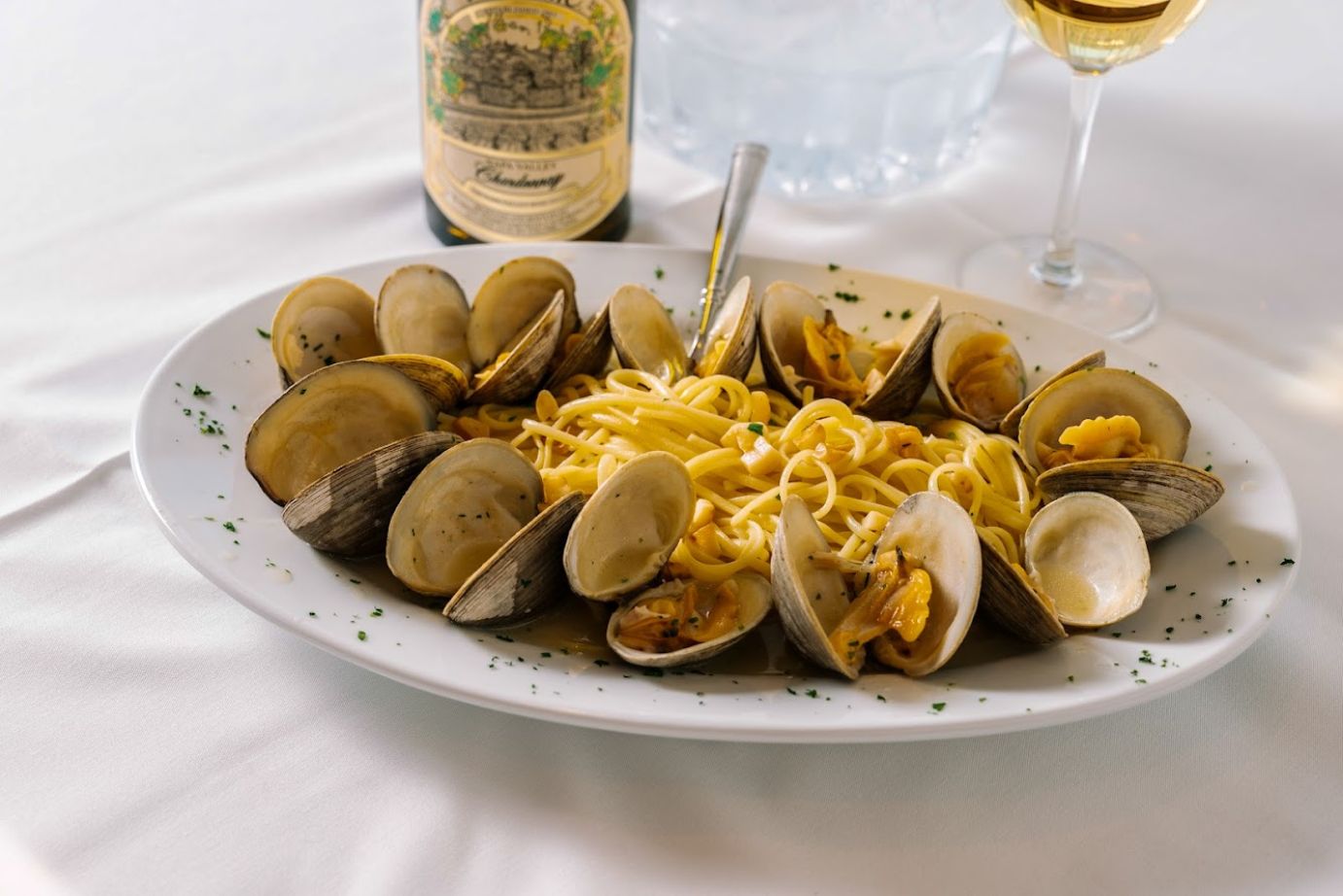The Hells Angels: Power, Politics, And Public Perception

Table of Contents
The Hells Angels' Organizational Structure and Power Dynamics
The HAMC operates with a rigidly defined hierarchy, a crucial element in maintaining control and projecting power. This structure, replicated across numerous chapters globally, ensures a cohesive and efficient organization.
- Chapters and Prospects: Local chapters form the foundation, with prospective members (“prospects”) undergoing a rigorous initiation process before achieving full-patch status.
- National and International Leadership: A complex network of leadership roles, often shrouded in secrecy, manages the club's overall activities and strategy. This leadership exerts considerable influence over individual chapters, enforcing strict adherence to club rules and maintaining internal discipline.
- Control through Intimidation and Violence: The Hells Angels' reputation for violence and intimidation is a cornerstone of their power. This is not just used against rivals, but also to maintain internal order and suppress dissent within the organization.
- Internal Power Struggles: Despite the rigid hierarchy, internal power struggles and conflicts inevitably arise, often stemming from territorial disputes, control over lucrative criminal enterprises, or personal ambitions within the HAMC leadership. These internal conflicts can sometimes lead to significant upheaval within the club.
Criminal Activities and Allegations
The Hells Angels have been linked to a wide range of criminal activities throughout their history. While proving direct involvement can be challenging, the sheer weight of allegations and convictions paints a disturbing picture.
- Drug Trafficking: Numerous investigations have implicated the Hells Angels in large-scale drug trafficking operations, including the distribution of methamphetamine, cocaine, and heroin. This activity forms a significant source of revenue for the organization.
- Extortion and Violence: The club's use of intimidation and violence extends beyond internal control; it’s often employed to extort money from businesses and individuals. Violent clashes with rival motorcycle gangs and other criminal organizations are also well documented.
- Legal Battles and Convictions: Numerous members have faced prosecution and conviction for various crimes, ranging from drug trafficking and assault to murder. However, securing convictions against high-ranking members remains a challenge due to the organization’s secretive nature and the loyalty amongst its ranks.
- Ongoing Law Enforcement Efforts: Law enforcement agencies worldwide continue to target the Hells Angels, employing various strategies, including undercover operations, surveillance, and financial investigations. These efforts aim to disrupt their criminal activities and dismantle their network.
The Hells Angels and Politics: Influence and Manipulation
The precise extent of the Hells Angels' political influence remains a subject of debate and ongoing investigation. However, allegations of connections with corrupt officials and attempts to manipulate public opinion are frequently raised.
- Alleged Connections: While concrete evidence is often difficult to obtain, numerous reports suggest the Hells Angels have cultivated relationships with individuals in positions of power to protect their interests and shield themselves from prosecution.
- Influence and Lobbying: The club may use its resources and network to indirectly influence policies that impact its activities. This may involve lobbying efforts or employing more subtle forms of political manipulation.
- Public Relations and Media Manipulation: The Hells Angels understand the power of public perception. They sometimes attempt to shape their image through strategic media outreach or by cultivating a carefully constructed public persona.
Public Perception and Media Representation
The media has played a significant role in shaping the public perception of the Hells Angels. This portrayal has swung between romanticized portrayals of rebellious bikers and depictions of ruthless criminals.
- Romanticized Image in Popular Culture: Movies, television shows, and books have occasionally portrayed Hells Angels (or similar biker gangs) in a heroic or rebellious light, contributing to a romanticized image that contrasts sharply with the reality of their alleged activities.
- Negative Media Portrayals: However, negative media portrayals focusing on criminal activities and violence have also significantly influenced public opinion. These accounts often contribute to a strong negative perception of the Hells Angels.
- Impact on Law Enforcement and Political Response: Public perception heavily influences law enforcement strategies and government policies aimed at combating outlaw motorcycle gangs. Negative public opinion can generate political will for stronger crackdowns on such groups.
Conclusion: Understanding the Hells Angels: Power, Politics, and Public Perception – A Continuing Story
The Hells Angels Motorcycle Club presents a complex and multifaceted reality. Their hierarchical structure, alleged criminal activities, potential political connections, and constantly evolving public image all contribute to the enduring mystique surrounding this powerful organization. Understanding this group requires a nuanced approach, moving beyond simplistic stereotypes to explore the intricate web of power, politics, and public perception that defines their existence. We encourage further exploration of this topic through credible sources, fostering informed discussions about the Hells Angels and their impact on society. Understanding the Hells Angels Motorcycle Club, outlaw motorcycle gangs, and biker gang culture is crucial for comprehending the complex dynamics of organized crime and its influence on our communities.

Featured Posts
-
 Myrtle Beach Newspaper Wins Big 59 Sc Press Association Awards For Photography And Reporting
May 26, 2025
Myrtle Beach Newspaper Wins Big 59 Sc Press Association Awards For Photography And Reporting
May 26, 2025 -
 Solo To Glory Pogacar Wins Tour Of Flanders
May 26, 2025
Solo To Glory Pogacar Wins Tour Of Flanders
May 26, 2025 -
 5 Delicious Shrimp Dishes In The Hudson Valley
May 26, 2025
5 Delicious Shrimp Dishes In The Hudson Valley
May 26, 2025 -
 Analyzing The F1 Drivers Press Conference Key Moments And Takeaways
May 26, 2025
Analyzing The F1 Drivers Press Conference Key Moments And Takeaways
May 26, 2025 -
 Jadwal Terbaru Moto Gp Inggris Update Terkini Dan Informasi Penting
May 26, 2025
Jadwal Terbaru Moto Gp Inggris Update Terkini Dan Informasi Penting
May 26, 2025
